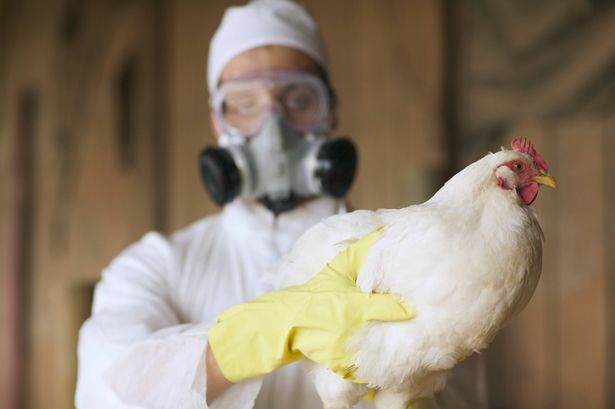
A man in Washington state has died after contracting the rare H5N5 strain of the bird flu, marking the first known human fatality associated with this particular virus. The patient tested positive for the H5N5 avian influenza virus and succumbed to severe illness characterized by flu-like symptoms, including high fever and respiratory distress.
Authorities reported that the man had underlying health conditions and was described as being older. Following his admission to the hospital, he experienced confusion along with the symptoms. It remains unclear how he contracted the virus, although it is known that he kept a flock of backyard poultry that had been exposed to wild birds.
Emerging Concerns Over Avian Flu Outbreaks
The H5N5 strain has been identified in birds across various regions in the UK, notably in poultry farms located in Norfolk, Lincolnshire, Kent, and Cumbria. This situation has raised alarms among health officials, who are closely monitoring the impacts of the virus on both birds and humans.
According to the Washington State Department of Health, the symptoms of bird flu typically manifest four to six days after contact with an infected bird. These symptoms can range from mild to severe. Health experts advise that individuals experiencing severe difficulty breathing should seek immediate medical attention by calling emergency services.
It is important to note that transmission of avian influenza from one human to another is considered very unlikely. The illness is primarily spread through close contact with infected birds, whether they are living or deceased. The NHS emphasizes that while bird flu can be fatal, human infections remain rare.
Preventative Measures and Health Advice
To help prevent the spread of bird flu, health authorities recommend practicing good hygiene, such as washing hands thoroughly with soap and water after contact with birds. For those traveling to regions where bird flu is prevalent, it is advisable to avoid interactions with birds and to be vigilant about potential symptoms.
As health officials continue to investigate this case, they are urging the public to stay informed and to take necessary precautions, particularly those who are in close proximity to poultry. The implications of this rare strain of bird flu extend beyond the immediate health concerns, highlighting the ongoing need for vigilance in public health response and biosecurity measures.





